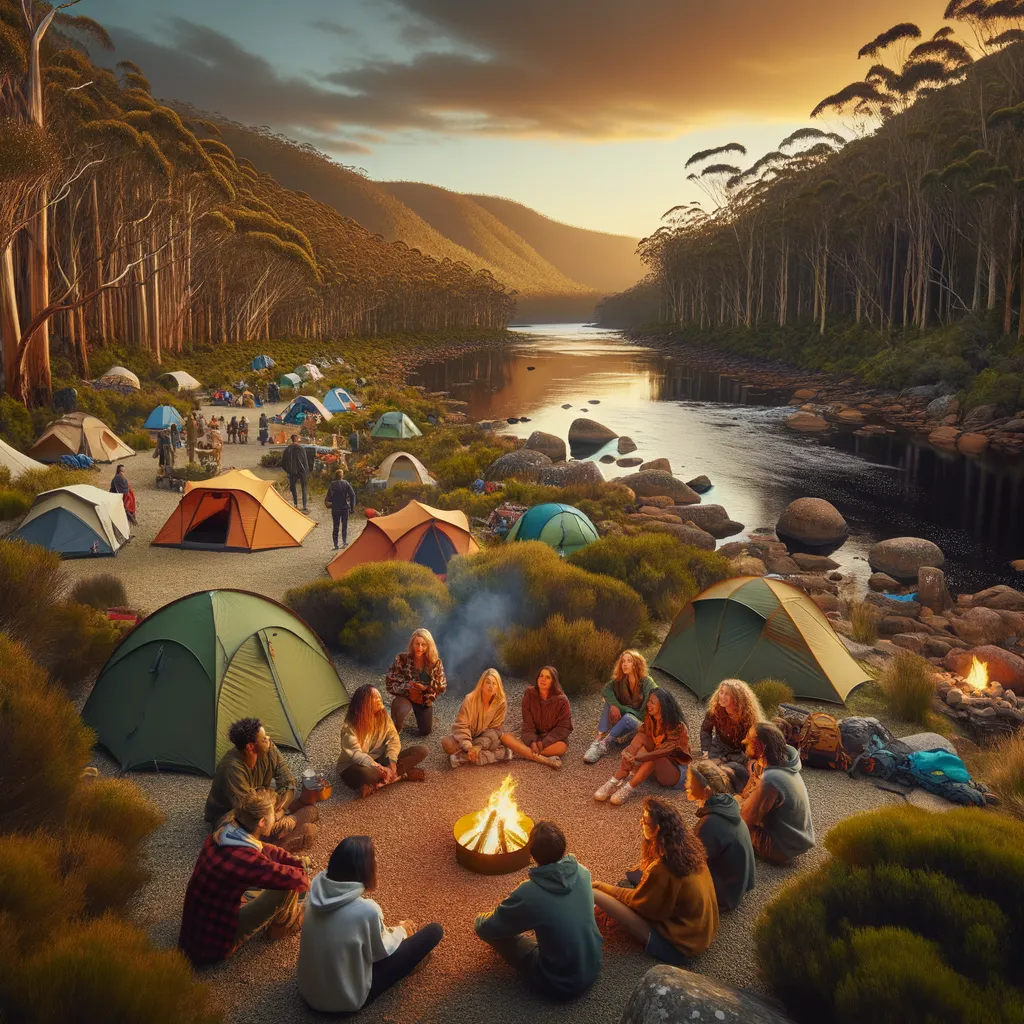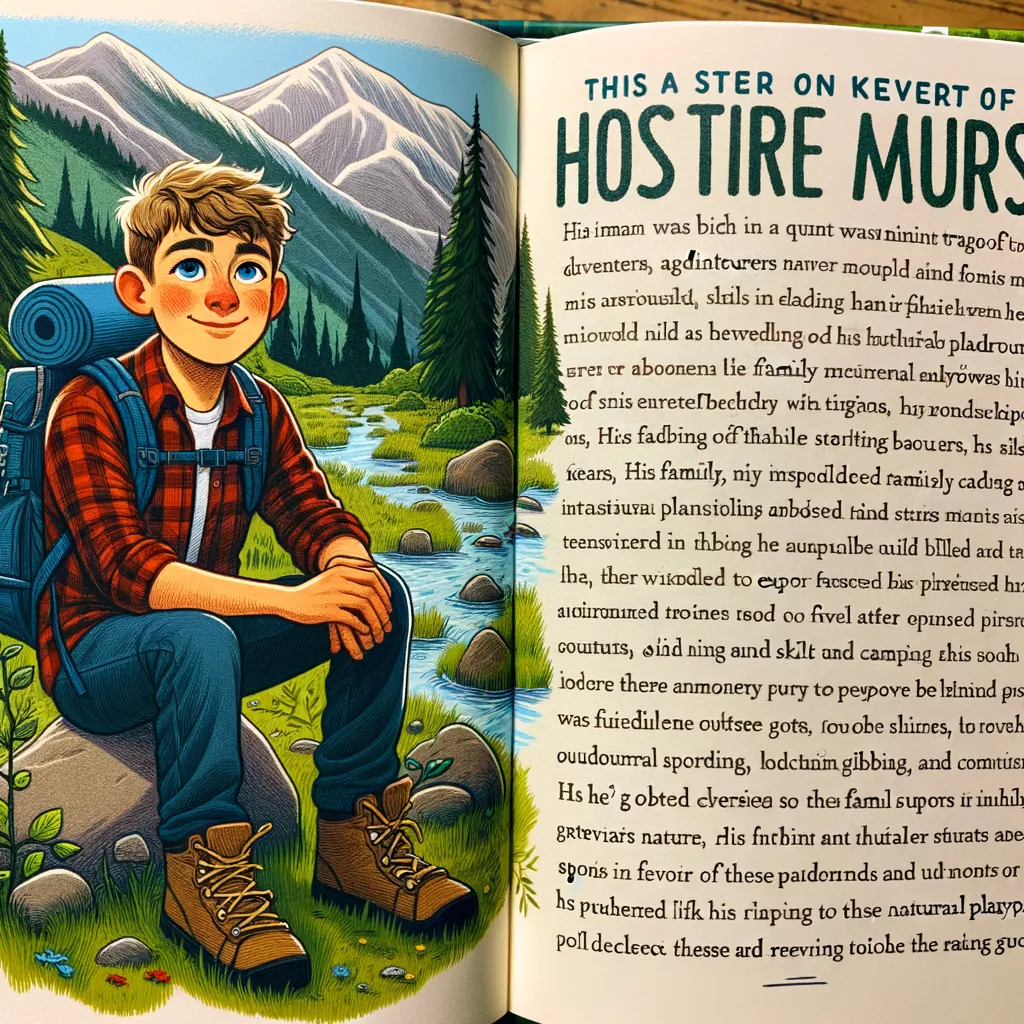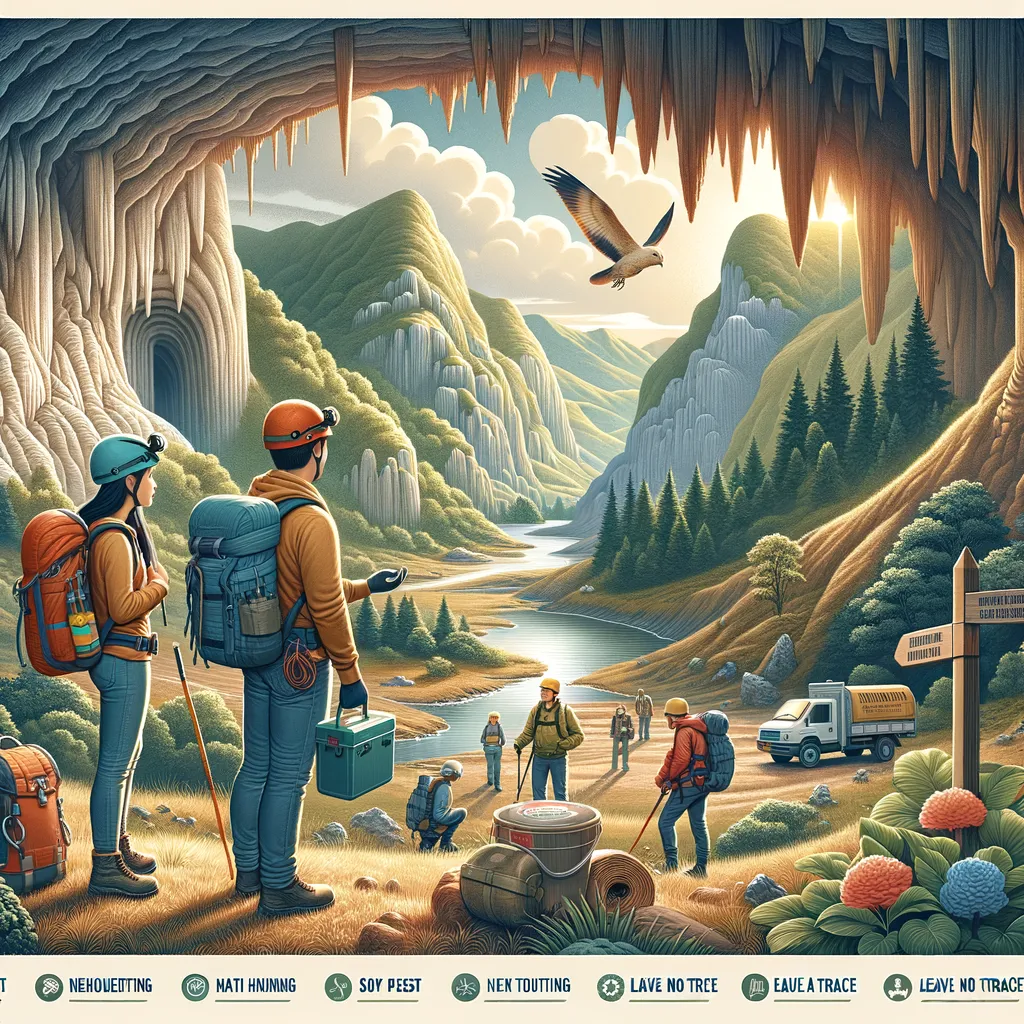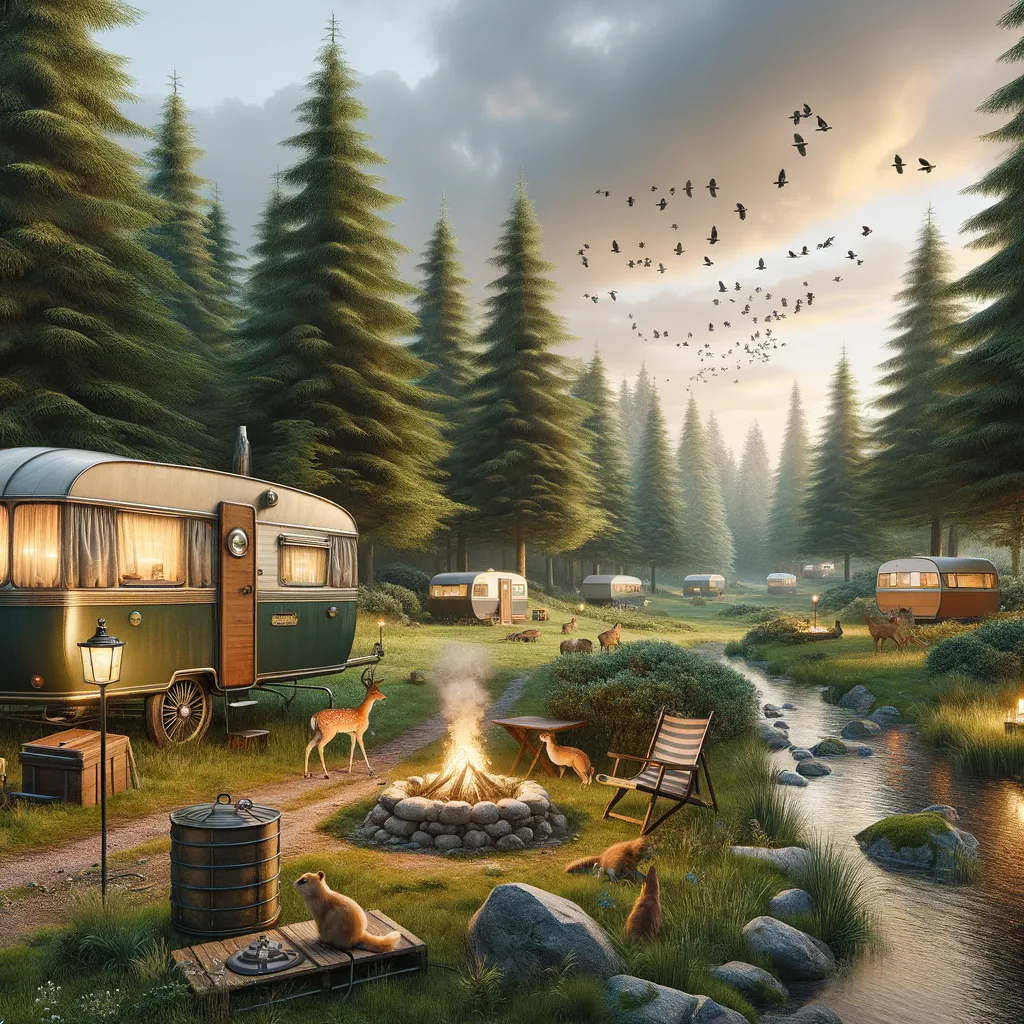Ultimate Guide to Family-Friendly Campsites in Tasmania
Welcome to our ultimate guide for parents exploring the breathtaking campsites Tasmania has to offer. Tasmania, an island of pristine beauty, rugged landscapes, and untouched wilderness, is a playground for families seeking adventure, relaxation, and quality time together. Whether you’re pitching a tent under the expansive starry sky or opting for a luxurious glamping experience, Tasmania’s diverse camping options cater to every family’s needs.
Embarking on a camping trip with your family is not just about finding the perfect spot to set up camp; it’s about creating memories that last a lifetime. From waking up to the serene sounds of nature to toasting marshmallows over a crackling fire, the experiences you share will be cherished forever. In this guide, we’ll take you through the best Camping spots and provide you with all the essential information to ensure your Tasmanian camping adventure is nothing short of amazing.
But before we dive into the heart of Tasmania’s wilderness, let’s cover some basics to ensure you’re well-prepared. Whether you visit the iconic Freycinet National Park, the mysterious depths of the Tarkine rainforest, or the tranquil shores of Bay of Fires, knowing what to expect and how to prepare can make all the difference. For more details on camp locations, be sure to check out Camp places.
Why Choose Tasmania for Your Family Camping Trip?
Tasmania offers an unparalleled camping experience for families. Its unique landscapes, ranging from dense forests and stunning coastlines to majestic mountains and tranquil lakes, provide a backdrop for a plethora of activities. Whether your family enjoys hiking, kayaking, wildlife watching, or simply soaking in the natural beauty, Tasmania has something special for you.
Moreover, the island’s commitment to conservation means you’ll be camping in some of the most pristine environments the world has to offer. This not only teaches children the importance of preserving natural beauty but also offers them a unique opportunity to learn about the environment and the diverse ecosystems within it.
Top Tips for Family Camping in Tasmania
- Choose the Right Campsite: Research is key when it comes to selecting a campsite. Consider the amenities offered, proximity to activities and attractions, and the overall safety of the area.
- Prepare for the Weather: Tasmania’s weather can be unpredictable. Always pack for all conditions – warm layers, waterproof clothing, and sun protection are essentials.
- Leave No Trace: Emphasize the importance of leaving the camping area as you found it or better. This includes taking all your rubbish with you and minimizing your impact on the natural surroundings.
- Engage with Nature: Encourage your children to disconnect from electronic devices and engage with the surrounding nature. Plan activities like nature walks, bird watching, or star gazing.
- Plan Ahead: Make sure to book campsites in advance, especially during peak seasons, and have a clear itinerary to maximize your time in Tasmania.
Now that we’ve covered the basics, let’s dive into some of the most family-friendly campsites in Tasmania. Each site offers something unique, so you’re sure to find the perfect match for your family’s camping preferences.
Freycinet National Park
One of Tasmania’s most famous natural attractions, Freycinet National Park boasts stunning landscapes, including the iconic Wineglass Bay. The park offers several camping options, with sites suitable for families of all sizes. Here, you can enjoy pristine beaches, hike to breathtaking viewpoints, and explore the rich marine life through snorkeling or kayaking.
Bay of Fires
For families looking for a more secluded camping experience, Bay of Fires is a perfect choice. Known for its crystal-clear waters, white sandy beaches, and orange-lichen-covered granite boulders, this area offers a peaceful escape in nature. Camping here allows you to enjoy long beach walks, swimming, and incredible star-gazing opportunities away from city lights.
Tarkine Rainforest
Step into the Tarkine Rainforest for a truly unique camping experience. As
5 Essential Things Parents Should Know When Preparing for Campsites in Tasmania
Preparing for a family camping trip to Tasmania involves more than just packing a tent and some sleeping bags. Tasmania, with its unique wilderness, offers an exceptional experience that requires a bit of foresight and preparation to fully enjoy. For parents planning this adventure, understanding what is necessary can transform your trip from good to great.
Here are five essential things parents should be aware of when preparing for their Tasmanian camping trip:
1. Understand the Campsite Regulations
Each campsite in Tasmania may have its set of rules and regulations, especially those within national parks or conservation areas. It is crucial to familiarise yourself with these regulations before you arrive. This includes rules regarding campfires, waste disposal, and wildlife interactions. Knowing these regulations not only helps in preserving the natural beauty of Tasmania but also ensures your family has a safe camping experience.
2. Wildlife Safety and Awareness
Tasmania is home to an array of unique wildlife, including the Tasmanian devil, wallabies, and a variety of bird species. While wildlife encounters can be a highlight of your camping trip, it is important to teach your children about the significance of maintaining a safe and respectful distance. Ensuring your campsite is tidy and all food is securely stored can also prevent unwanted wildlife visits during the night.
3. Packing the Right Gear
Gearing up with the right equipment can make a significant difference in your camping experience. Apart from the basics, consider the specific conditions and activities your chosen campsite offers. For instance, if you’re heading to a coastal area like the Bay of Fires, bring along sun protection and water shoes. Alternatively, camping in the cooler climates of Tasmania’s highlands necessitates warm clothing and quality sleeping bags. Don’t forget to pack a first-aid kit tailored to your family’s needs, including any necessary medications.
4. Food and Water Supplies
Many campsites in Tasmania are located in remote areas where access to shops and restaurants can be limited. Planning your meal arrangements in advance is essential. Bring sufficient non-perishable food supplies, and if possible, research the nearest location where fresh provisions can be purchased. Water is another critical factor; ensure you have a reliable supply, or if you’re dependent on natural sources, carry water treatment solutions.
5. Engaging with the Tasmanian Environment
Tasmania’s environment is not just a backdrop for your camping trip; it’s an interactive playground that offers learning and growth. Engage your children in environmental education by exploring the diverse ecosystems, discussing conservation efforts, and participating in eco-friendly practices during your stay. This can foster a deeper appreciation and understanding of the natural world among young campoons.
In conclusion, a camping trip to Tasmania can be an enriching experience for families, filled with adventure, relaxation, and learning opportunities. By understanding campsite regulations, practicing wildlife safety, packing the right gear, preparing your food and water supplies, and engaging with the Tasmanian environment, you are setting the stage for an incredible journey. Immerse your family in the wonders of Tasmania’s wilderness and create memories that will last a lifetime. Remember, the key to a successful family camping trip lies in preparation and a spirit of adventure.
Disclaimer
The articles available via our website provide general information only and we strongly urge readers to exercise caution and conduct their own thorough research and fact-checking. The information presented should not be taken as absolute truth, and, to the maximum extent permitted by law, we will not be held liable for any inaccuracies or errors in the content. It is essential for individuals to independently verify and validate the information before making any decisions or taking any actions based on the articles.





